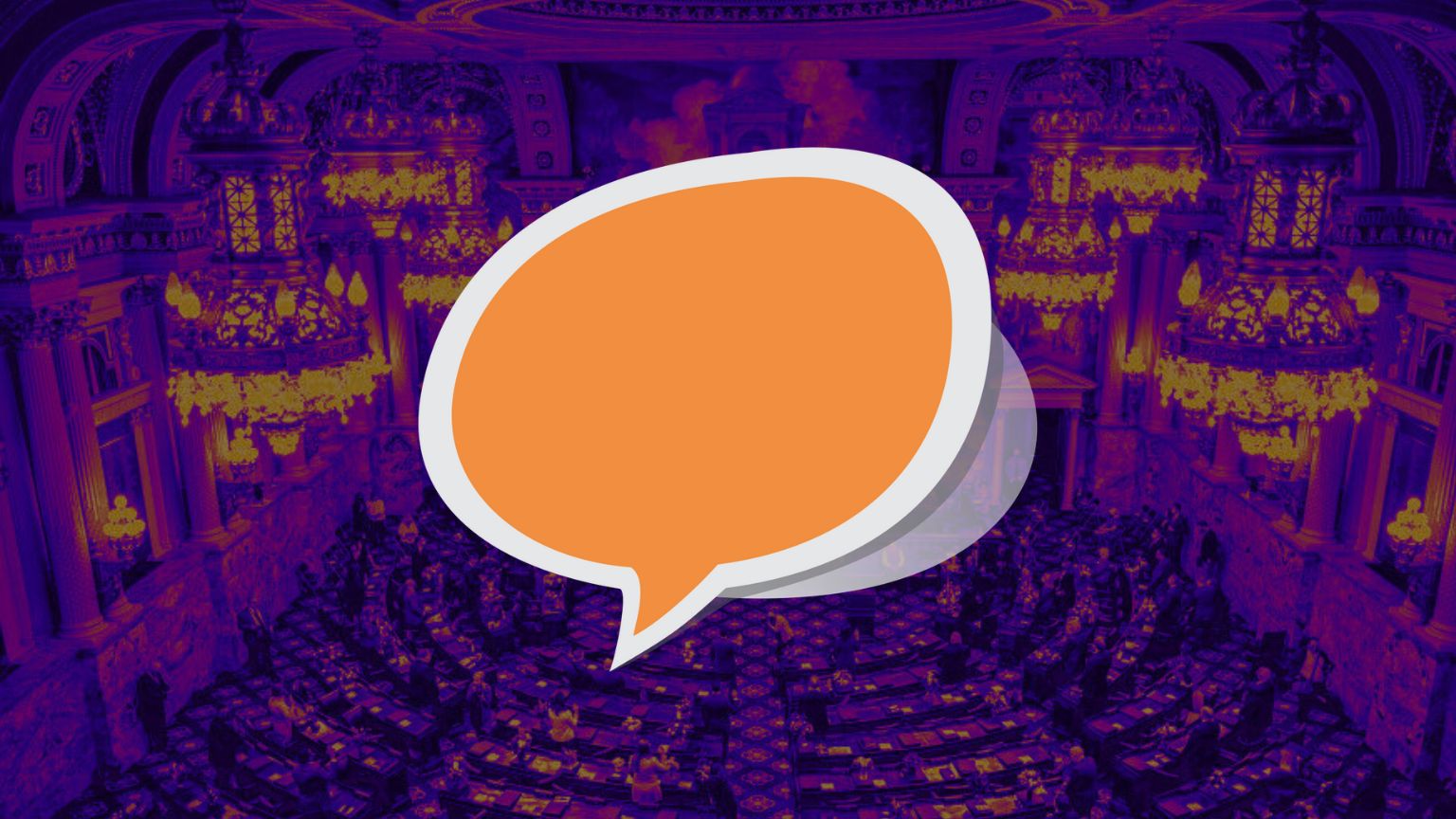A Philadelphia representative is attempting to introduce a bill that would force social media platforms to change the way they handle so-called “hate speech” complaints.
The bill, similar to bills that have been attempted in other states – only to be struck down for being unconstitutional – was proposed by Representative Darisha K. Parker on Wednesday.
Parker said that social media platforms are effective for keeping people in touch but that they’re often used for “hate speech.”
“Those in control of these platforms must be held accountable in addressing this troublesome issue that touches young people as well as adults,” Parker wrote.
The legislation would force social media companies to introduce transparent features for reporting hate speech.
“Persons who are emboldened by the anonymity of social media platforms to spew hate cannot be tolerated,” Parker wrote. “Providing users with an easy way to report these issues will help to decrease such occurrences.”
Parker wrote that forcing platforms to maintain these features would protect people from abuse. “Persons who are emboldened by the anonymity of social media platforms to spew hate cannot be tolerated. Providing users with an easy way to report these issues will help to decrease such occurrences.”
As similar bills have been shut down for their unconstitutionality in other states, Representative Parker’s bill is seen as a stunt policy designed to generate attention.
A New York bill required, “social media networks to provide and maintain mechanisms for reporting hateful conduct on their platform.”
The law also said that platforms must have a “clear and concise policy readily available and accessible on their website and application which includes how such social media network[s] will respond and address the reports of incidents of hateful conduct on their platform[s].”
The law was challenged primarily on First Amendment grounds.
In February, Judge Andrew L. Carter, Jr. (S.D.N.Y.) blocked the law. “Speech that demeans on the basis of race, ethnicity, gender, religion, age, disability, or any other similar ground is hateful; but the proudest boast of our free speech jurisprudence is that we protect the freedom to express ‘the thought that we hate,’” the court wrote.










